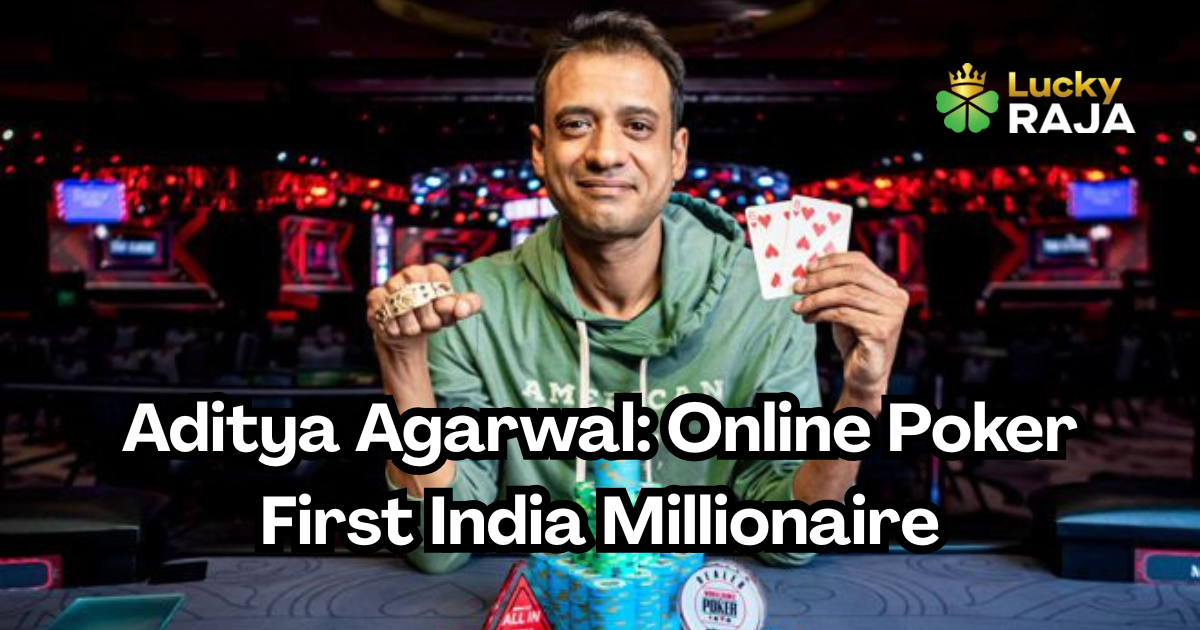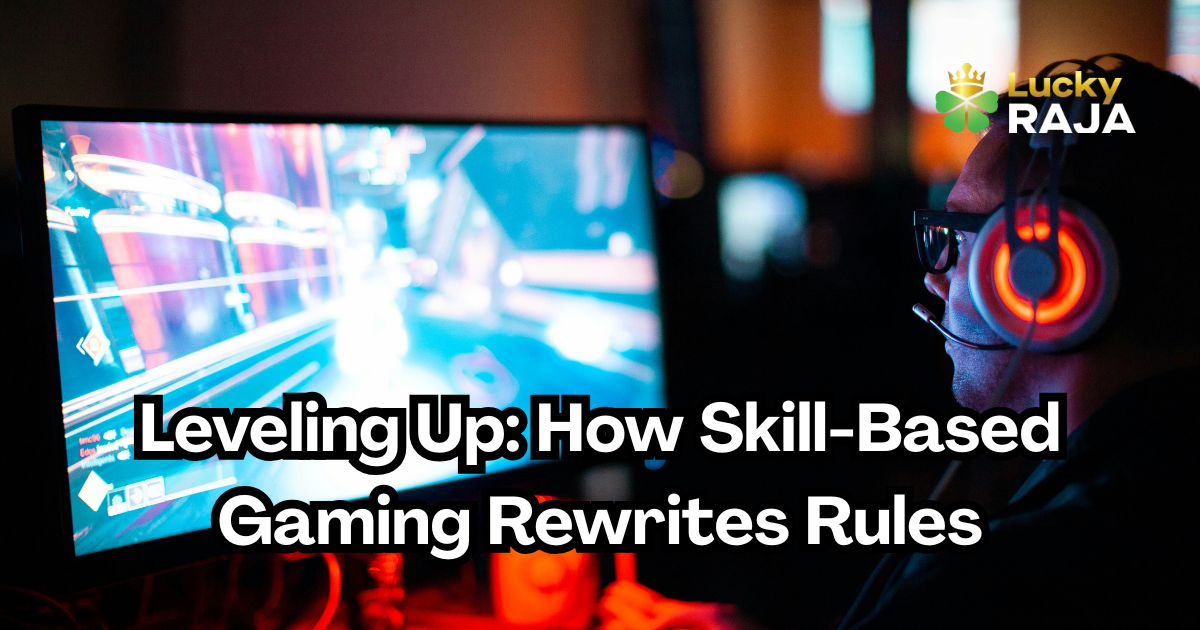The online gaming industry in India stands at a crucial crossroads as the Supreme Court is set to deliver a decisive verdict on the applicability of Goods and Services Tax (GST) on real-money gaming platforms. This landmark decision could significantly impact the legal and economic framework of one of India’s fastest-growing digital sectors.
The Legal Battle: What Sparked the Dispute?
The controversy began when the Directorate General of GST Intelligence (DGGI) issued show-cause notices to several gaming companies, including industry giants, demanding GST payments at the rate of 28% on the full face value of bets. The gaming operators challenged these notices, arguing that such taxation is punitive and could cripple the industry.
At the heart of the matter lies the distinction between games of skill and games of chance. While the former has traditionally attracted a lower GST rate, the latter, classified as gambling, comes under a higher tax bracket. The blurred lines between these categories have led to ongoing legal debates and inconsistent tax enforcement.
Industry Reaction: Concerns Over Economic Impact
Stakeholders across the online gaming spectrum: platform operators, investors, and developers.have expressed concern over the consequences of retrospective taxation and regulatory ambiguity. Many claim that imposing a flat 28% GST on the entire contest entry amount, rather than on platform fees alone, could render their business models unsustainable.
According to the All India Gaming Federation (AIGF), the industry employs thousands and contributes significantly to digital innovation and revenue. They argue that over-taxation could push operators toward shutdowns or into the unregulated grey market, further complicating government oversight.
Government Standpoint: Revenue vs Regulation
The Central Government, on the other hand, has maintained that all games involving real money stakes, regardless of skill, should be taxed uniformly under GST rules. In August 2023, the GST Council approved the 28% rate for online gaming, casinos, and horse racing, a move that drew mixed responses from various states.
Several state governments have welcomed the ruling, citing potential revenue boosts, while others are worried about job losses and the disruption of a sunrise industry.
Supreme Court’s Role: Final Authority on Interpretation
Now, all eyes are on the Supreme Court, which will interpret whether such a tax is constitutionally valid and in line with the legislative framework under the CGST Act. The court’s verdict will not only determine the fate of ongoing legal cases but also establish a precedent for future taxation policies in the digital economy.
Legal experts believe that the court will weigh constitutional provisions like Article 19(1)(g)—the right to practice any profession—against the State’s power to regulate business in public interest. The judgment will be crucial in setting the tone for digital business regulation going forward.
Timeline of Events Leading to Supreme Court Review
- 2022–2023: Multiple GST notices issued to online gaming firms totaling over ₹1.5 lakh crore
- August 2023: GST Council clarifies 28% GST applicability on online gaming
- September 2023: Several High Courts issue conflicting judgments on the taxability
- January 2024: Supreme Court agrees to hear a batch of appeals filed by affected platforms
- July 2025: Final hearings scheduled with the verdict expected shortly
Broader Implications for the Digital Economy
The judgment is expected to have ripple effects across other tech-based sectors like fantasy sports, fintech gaming, and blockchain-driven entertainment platforms. Global investors are watching closely, as policy uncertainty could affect India’s attractiveness as a digital innovation hub.
Moreover, clear tax guidelines are essential to attract foreign direct investment (FDI) and enable long-term business planning. Without a consistent tax policy, the risk of frequent regulatory changes remains high, discouraging sustainable growth.
Industry Expectations from the Verdict
The online gaming sector is hoping for a nuanced ruling that differentiates between platform revenue (Gross Gaming Revenue or GGR) and total user stakes. Advocates argue that only GGR should be taxed, aligning India’s policy with international norms observed in the UK, EU, and Singapore.
They also call for the establishment of a regulatory body to standardize licensing, compliance, and responsible gaming frameworks—paving the way for a robust and accountable digital ecosystem.
Possible Outcomes and Their Consequences
| Verdict Outcome |
Impact on Industry |
| Uphold 28% GST on total stake |
Business models may collapse; increased litigation |
| Tax only platform fees (GGR) |
Industry relief; aligns with global practices |
| Call for legislative clarification |
Delay in reforms; ongoing legal grey area |
| Recommend regulatory framework |
Long-term regulatory stability; investor confidence |
What’s at Stake for Stakeholders?
- Gaming Companies: A favorable ruling could reduce tax liability and encourage innovation
- Players: Fair tax practices may lead to lower costs and better gaming experiences
- Government: A well-regulated, taxable industry boosts revenue and legal compliance
- Investors: Clarity will reduce perceived risk and increase market entry opportunities
Conclusion: Awaiting a Pivotal Verdict
As India’s Supreme Court prepares to decide on the GST fate of the online gaming industry, the outcome is poised to reshape not just tax policy but the future of digital entertainment in the country. This verdict will be instrumental in defining the boundary between regulation and innovation, and stakeholders across the board are holding their breath.


__1751890368-0.png)







__1750934940-0.png)






